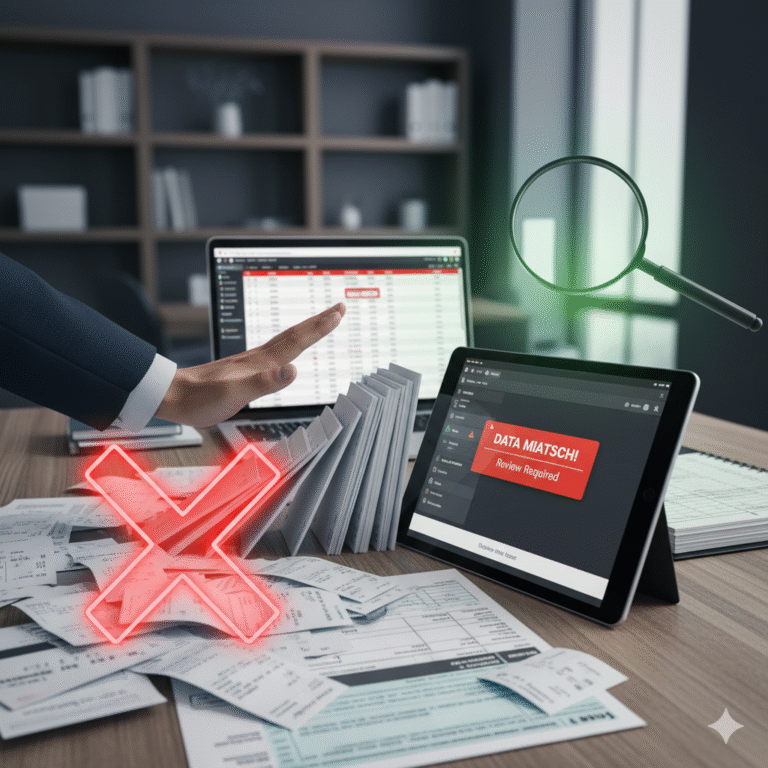Top Tax and Accounting Tips for 2025: How Americans Can Save More This Year

Top Tax and Accounting Tips for 2025: How Americans Can Save More This Year
Tax season doesn’t have to be stressful — if you plan ahead. With new tax regulations and evolving financial tools in 2025, understanding how to manage your taxes and accounting can help you save more, avoid penalties, and stay compliant.
Here’s a breakdown of the most effective tax and accounting tips every American should know this year.
1. Know the New 2025 Tax Brackets
Every year, the IRS adjusts tax brackets to account for inflation. In 2025, many Americans will see slightly higher thresholds, which means some may fall into lower brackets than expected.
Always double-check your tax rate before filing. You can view the latest updates directly on the IRS website.
2. Max Out Your Retirement Contributions
One of the easiest ways to lower your taxable income is to contribute more to your retirement accounts.
- 401(k): You can now contribute up to $23,000 in 2025.
- IRA: The contribution limit has increased to $7,500.
These contributions are tax-deferred, meaning you don’t pay taxes on them until you withdraw funds in retirement.
3. Keep Digital Records of All Expenses
Paper receipts are easy to lose. Switch to digital record-keeping by scanning receipts, invoices, and mileage logs. Many apps automatically categorize expenses and sync with tax software, making filing faster and more accurate.
For small business owners, this also simplifies quarterly tax reporting and audit preparation.
4. Take Advantage of Tax Credits, Not Just Deductions
Credits reduce the amount of tax you owe dollar-for-dollar, which is often more valuable than deductions.
Some popular credits for 2025 include:
- Child Tax Credit: Up to $2,000 per child
- Earned Income Tax Credit (EITC) for lower-income workers
- Clean Energy Credit for installing solar panels or driving an EV
If you recently invested in an electric car, read the Payziox guide on EV trends and benefits in the U.S.
5. Separate Business and Personal Finances
If you run a small business or side hustle, never mix your business and personal accounts. Open a dedicated business bank account and use accounting software to track every transaction.
Not only does this make filing easier, but it also strengthens your deductions and keeps you IRS-compliant.
6. Stay on Top of Quarterly Tax Payments
Freelancers and business owners must pay estimated taxes every quarter. Missing these payments can lead to penalties.
To avoid surprises, calculate your expected income and set aside 25–30% for taxes. Automated transfers from your business account can help you stay disciplined.
7. Hire a CPA or Use Smart Tax Software
Even with online tools, a certified public accountant (CPA) can help you find deductions you might miss. However, if you prefer a digital route, advanced tax platforms now use AI to suggest savings opportunities and error checks in real time.
For most Americans, a mix of automated tools + human review is the most cost-effective option in 2025.
8. Plan Ahead for Capital Gains
If you invest in stocks or crypto, plan when to sell. Holding an investment for over a year qualifies it for long-term capital gains rates, which are much lower than short-term rates.
Also, offset your gains with losses from underperforming assets — a strategy known as tax-loss harvesting.
9. Use Health Savings Accounts (HSAs)
HSAs are a great way to reduce taxable income while saving for medical expenses. Contributions are tax-deductible, and withdrawals for health costs are tax-free.
In 2025, the contribution limit is $4,300 for individuals and $8,600 for families.
10. File Early and Avoid Scams
Tax scams increase every year. Filing early reduces your risk of identity theft because it prevents scammers from submitting fake returns in your name.
Always file through official IRS-approved platforms or a trusted accountant. And remember, the IRS never contacts taxpayers by email or text for personal information.
Final Thoughts
Smart tax planning is about more than filing on time — it’s about taking advantage of every opportunity the system offers.
By maximizing your deductions, keeping clean records, and staying informed about tax law changes, you can protect your finances and keep more of your hard-earned money in 2025.
For more financial safety strategies, check out How to Protect Your Finances in 2025: A Complete U.S. Guide.

